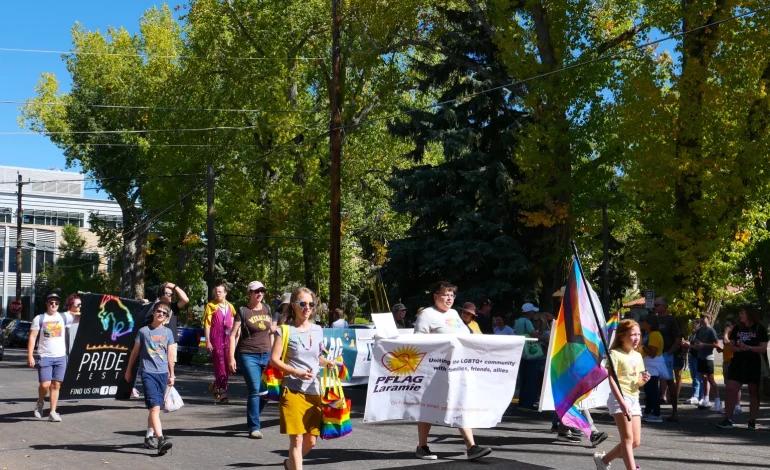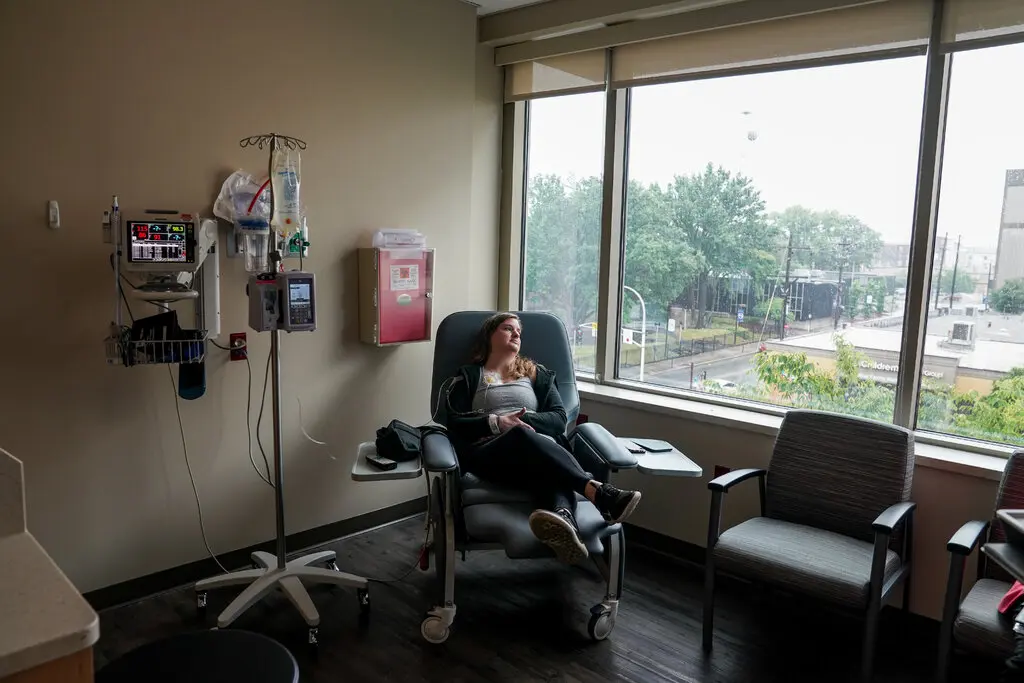University of Wyoming Students React to DEI and Multicultural Affairs Office Closures

The recent closures of the University of Wyoming’s Office of Diversity, Equity, and Inclusion (DEI) and the transition of the Multicultural Affairs Office to the Pokes Center for Community Resources have garnered little attention from most students on campus, Wyo File reports.
In a late September survey, students rushed between classes, largely unaware of the significant changes taking place within the university.
Following pressure from hard-line lawmakers in Wyoming, the university made these adjustments, citing concerns that certain programs were divisive or inconsistent with state politics. While the letter announcing the closures acknowledged the potential benefits of cellphones and similar resources in the learning environment, it emphasized that unrestricted use often led to negative academic outcomes and increased mental health issues.
In a conversation with a few dozen students, WyoFile found that most were either uninformed about the changes or felt they were not personally affected. Some students, like sophomore Allison Bromley, appreciated the university’s communication regarding the situation, while others, such as freshman J.P. Spilotro, expressed a general satisfaction with the current level of diversity on campus.
“Things are pretty good here,” Spilotro said.
Freshman highlighted that while the diversity may differ from his home in Arizona, he feels supported at UW.
However, some students noted that resources related to DEI were not easily accessible, and those who found them sometimes felt excluded. This highlights a disconnect between the university’s resources and students’ awareness and utilization of them.
The Wyoming Legislature recently cut UW’s biannual block grant by an amount equal to the DEI office’s funding and prohibited the use of state dollars for DEI efforts, although specifics were not defined. As a result, the UW Board of Trustees decided to close the DEI office but aimed to retain most programs and staff, arguing that many activities complied with federal regulations, such as the Americans with Disabilities Act.
University President Ed Seidel indicated that there would be ongoing reviews of programs to ensure they do not discriminate, as those could jeopardize state funding. The former Office of Multicultural Affairs has been restructured into the Pokes Resource Center, with changes made to job descriptions for staff.
In light of these developments, community leaders from Laramie are seeking ways to ensure that all students at UW feel welcome. Jessica Brauer, executive director of the Laramie Plains Civic Center, has initiated discussions about the community’s needs following the closures. The civic center aims to serve as a gathering space for individuals from diverse backgrounds and foster connections among community members.
Brauer acknowledged that there is confusion about the changes, including what resources are still available and what is needed for those affected. The civic center is working to establish a supportive environment for various groups, including LGBTQ+, international, and Native students.
The broader community has faced its challenges as well, as exemplified by incidents of stolen pride flags from the civic center, indicating deeper societal issues related to acceptance and inclusivity.
On a positive note, many pride flags were proudly displayed during the University of Wyoming’s homecoming parade, where local organizations, including Laramie PrideFest and PFLAG Laramie, marched in solidarity to support those who may feel marginalized. PFLAG Laramie President Katie Morgan underscored the importance of advocacy and education in combating discrimination, drawing from her own experiences within the LGBTQ+ community.








